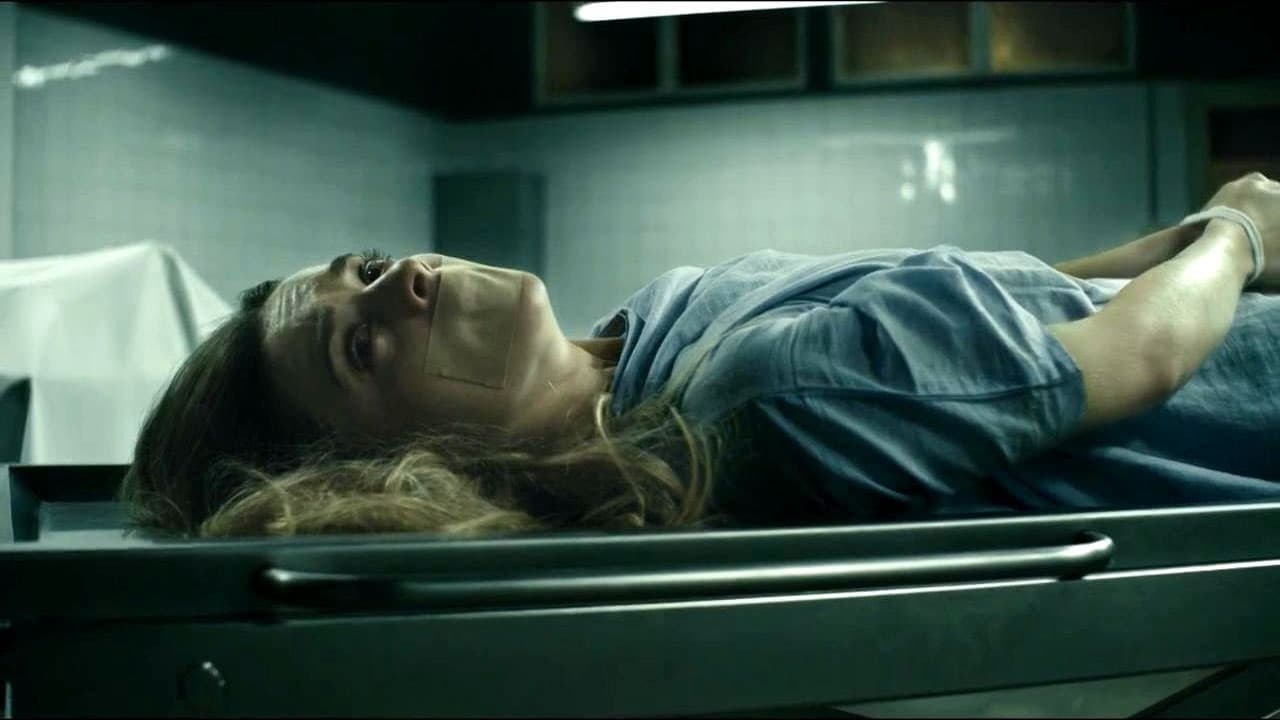She was idolized in life. Objectified in death. Then she came back
The Corpse of Anna Fritz (El Cadáver de Anna Fritz) is a harrowing Spanish psychological thriller that turns the idea of celebrity, control, and dehumanization on its head—then stares unblinkingly at the consequences. With a runtime barely over 70 minutes, the film is brief but unforgettable, delivering a shockingly intense chamber piece that leaves a long, cold chill in its wake.
The story begins with Anna Fritz, a beloved young actress and international icon, found dead under mysterious circumstances. Her body is transferred to a hospital morgue, away from the spotlight that once adored her. There, a reserved morgue attendant named Pau is left alone with her corpse—until two of his friends, Ivan and Javi, arrive looking for trouble, thrill, and twisted opportunity.

Driven by sick curiosity and toxic bravado, the trio violate Anna’s body in an act that begins with voyeurism and ends in something far darker. But the shock—and the film’s terrifying turning point—comes when Anna opens her eyes. She’s not dead. And now, the men must scramble to decide: do they save her and face justice, or cover their tracks at any cost?
From that moment on, the film becomes a suffocating pressure cooker of guilt, terror, and desperation. Set almost entirely within the morgue’s gray, claustrophobic walls, The Corpse of Anna Fritz examines what people become when they think no one’s watching—and what happens when the object of their powerlessness reclaims her voice.

Minimalist in style but massive in tension, the film forces the audience to sit with the discomfort. It's not just a horror about being hunted—it's about how society enables certain predators, and how silence can scream louder than violence.


-1752737656-q80.webp)
-1749531340-q80.webp)